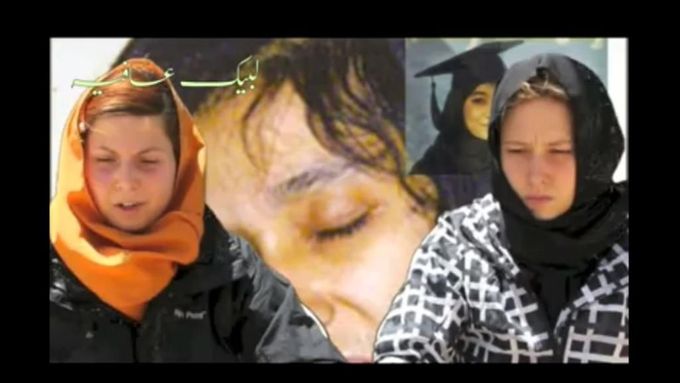Prague - Czech nationals Hana Humpalova and Antonie Chrastecka were kidnapped by unknown gunmen in Pakistan's Baluchistan province in mid-March. All efforts to negotiate their release have been fruitless so far.
Last week, a video of the two women was posted on a recently created Facebook page. In the video, which was allegedly shot in April one day after the Boston bombings, the women asked for the release of Aafia Siddiqui, a Pakistani scientist who got a life sentence in the USA on terror charges.
Two Czech women tourists kidnapped in western Pakistan
KKCG sells key oil subsidiary to Pakistan's PPL
"It appears that the girls are alive. It is the first positive thing. It is also important that somebody has contacted (the Czech Republic), so it is possible to establish communication or dialogue," said Karel Randak, former head of the Czech UZSI foreign intelligence agency.
The Czech Foreign Ministry has admitted it is working with foreign partners on the case.
"It is important to find a local clan or religious authority with influence on the people who sent the request, and this is something only the Pakistani side can do," said Randak, who ruled out the possibility of a military raid to rescue the women.
"It is necessary to convince these people that the Czech side cannot do anything about the case of that Pakistani woman and that it had no part in it. And maybe we can offer some kind of reciprocal service, I would avoid paying the kidnappers in cash, but if we can negotiate with some clan leaders and village elders, it is possible to offer, for example, to dig a well in a village," said Randak.
According to him, a similar tactic led to the release of three Czech reporters, Michal Kubal, Vit Pohanka and Petr Klima, kidnapped in Iraq in 2004. Randak, who says he participated in the release of the hostages as a UZSI officer, is positive that no ransom was paid.
Czech media reported in 2004 that the men were released in response to a meeting between then-Czech ambassador to Iraq Martin Klepetko and local Sunni clerics. Klepetko reportedly handed the clerics a letter from Czech Muslims who asked for the journalists' release. The Czech side stressed that it was running a military hospital in Basra, Iraq, and treated Iraqi children in the Czech Republic. The reporters were allegedly released just one hour after the meeting.

